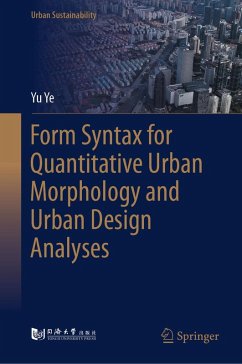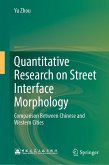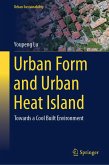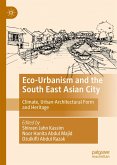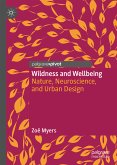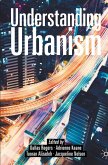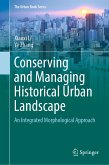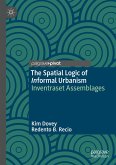This book sets out to develop a quantitative-based analysis, Form Syntax, which is able to identify various prototypes of urban forms and their degrees of urbanity, thereby enhancing urban design practices. Form Syntax is a combination of emerging quantitative analysis tools with qualitative urban morphology tradition. It integrates a set of spatial analysis tools including Space Syntax, Spacematrix, and Mixed-use index (MXI) through GIS to measure the morphological features of streets, buildings and blocks, and functions. Furthermore, the Form Syntax assists in comprehending the intrinsic, evolving logic of urban form. Based on the findings of urban morphology, the Urban Form Index could function as an analytical instrument in numerous phases of the urban design process, thereby promoting urban vitality. Moreover, morphology-led understandings of urban design theory can inform urban design practices. This study endeavors to introduce quantitative thinking into urban morphology and urban design, with the objective of developing a lively built environment and pursuing more vibrant place-making.
Dieser Download kann aus rechtlichen Gründen nur mit Rechnungsadresse in A, B, BG, CY, CZ, D, DK, EW, E, FIN, F, GR, HR, H, IRL, I, LT, L, LR, M, NL, PL, P, R, S, SLO, SK ausgeliefert werden.

